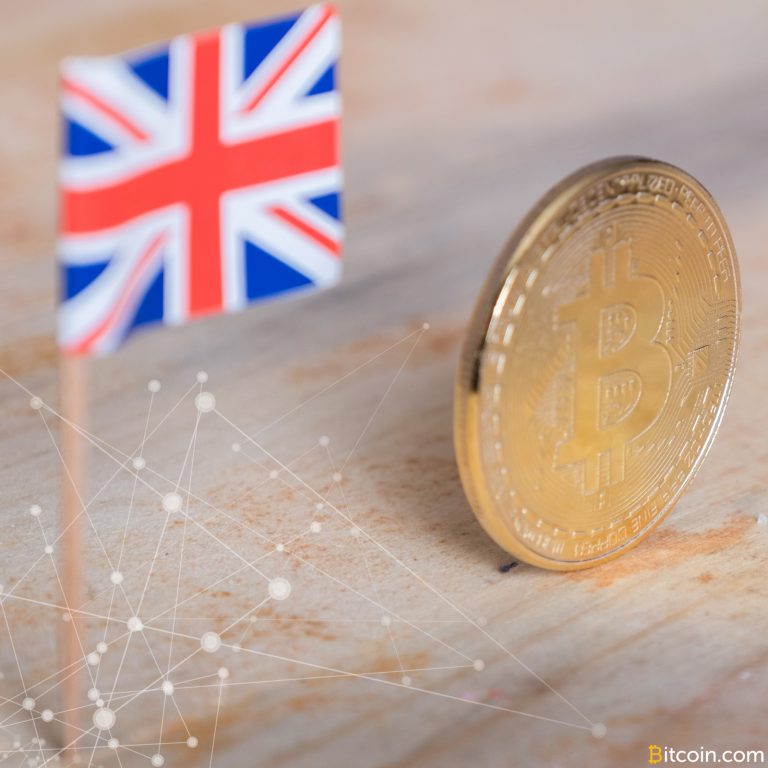
2021-11-25 17:04 |
India is moving forward with its plan to ban most cryptocurrencies under a long-awaited bill, the BBC wrote. If the ban is passed, all private cryptocurrencies will become illegal, with certain exceptions allowing for the promotion of the underlying tech.
The ban is part of the proposed Cryptocurrency and Regulation of Official Digital Currency Bill, which will be introduced in the Indian Parliament’s winter session.
Cryptos tank on Indian exchangesAfter the news broke, cryptocurrency prices dropped on Indian exchanges. Bitcoin (BTC/USD) lost more than 13% on WazirX. Dogecoin (DOGE/USD) and Shiba Inu (SHIB/USD) dropped more than 15%.
The Crypto Trader author Glen Goodman said the global impact was “relatively small” in an interview for BBC. According to an India Today report, cryptocurrency trading will probably continue under the bill as long as assets are purchased from compliant exchanges.
Central bank is conservative on cryptoRBI, India’s central bank, holds conservative views on cryptocurrency. India’s Supreme Court finally overturned a digital currency trading ban RBI had imposed for two years in March of last year.
Mr. Goodman gave the ban in China and El Salvador’s Bitcoin city as examples of governments’ different approaches to crypto, adding that the Chinese government wanted to eliminate all digital currencies except the one it was developing. He commented:
Governments take very different approaches to how they see it: as a threat, an opportunity, or somewhere in-between. They want to dominate cryptocurrencies, and it seems to me like the Indian government has got the same idea. “They think, ‘well if China is doing it, then so can we’.
Govt might allow digital asset holdingsWhile the Indian government probably won’t recognize crypto as a currency, it might allow people to hold digital coins like gold, shares, or bonds, CNBC reported. The Securities and Exchange Board of India (SEBI) may be tasked with regulation and here is some background information on the SEBI.
Digital coins aren’t that easy to banAs digital coins work like assets and commodities, people will still be able to share them with each other even if they’re banned. What’s more, around seven million people in India hold crypto worth $1 billion.
If crypto does end up being banned, investors will have to choose between selling their assets and keeping them in offshore exchanges.
The post The aftermath of India’s banning crypto appeared first on Invezz.
origin »Bitcoin price in Telegram @btc_price_every_hour
Babes and Nerds (BAN) íà Currencies.ru
|
|






















